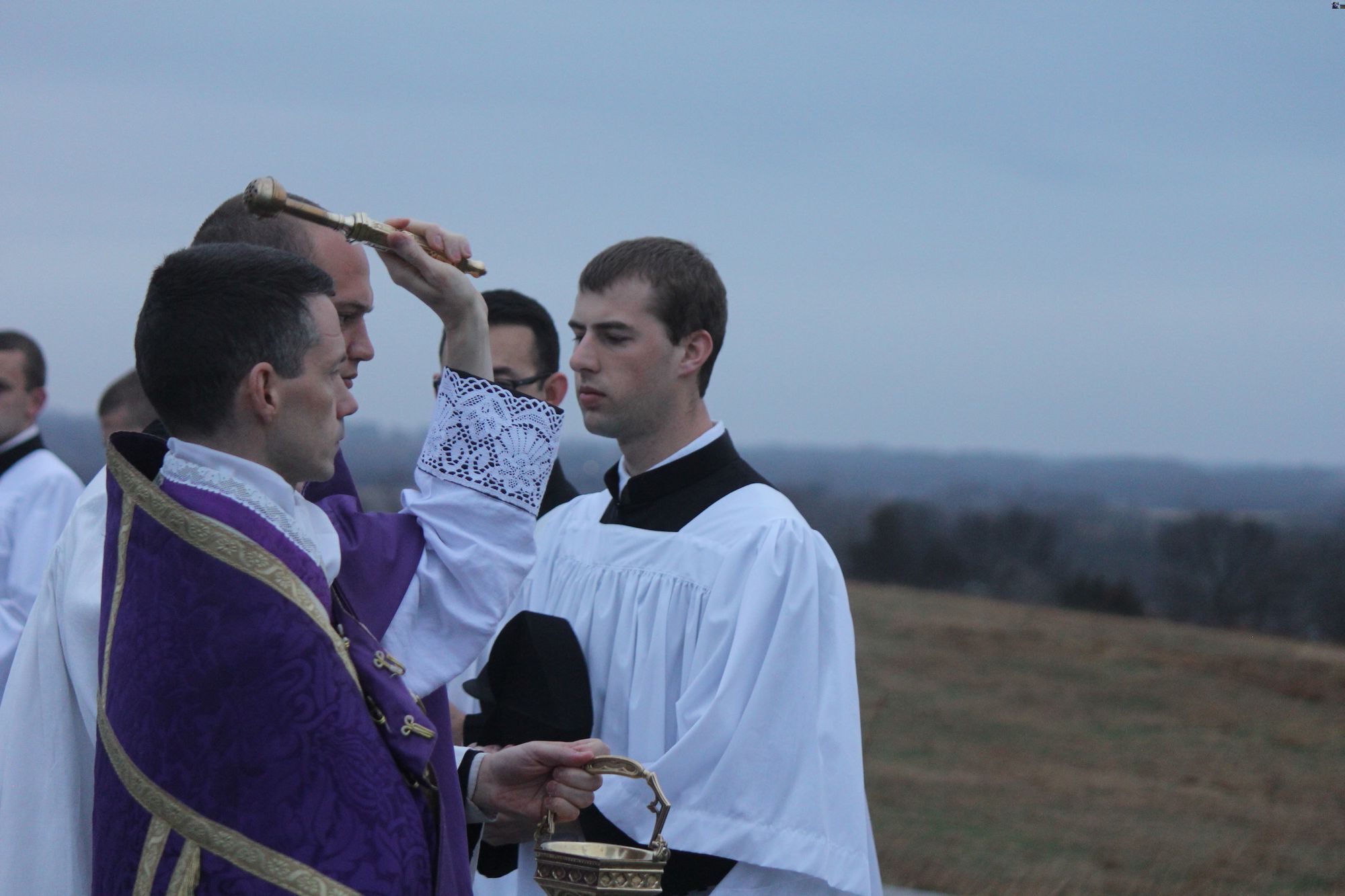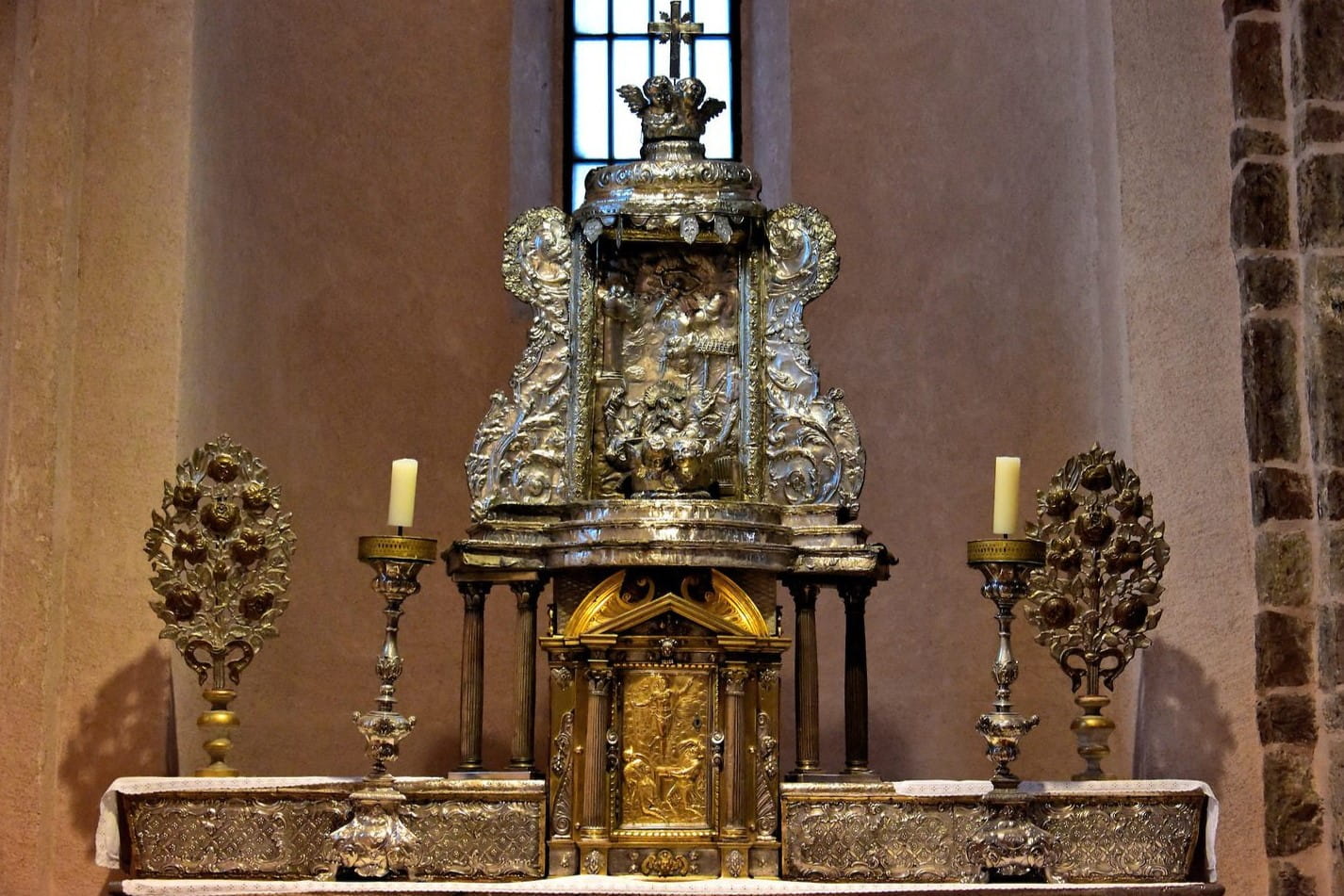
What are Rogation Days? Rogation Days are special days in the Christian calendar dedicated to prayer and processions for blessings on the earth and harvest. Traditionally observed on the Monday, Tuesday, and Wednesday before Ascension Thursday, these days have deep historical roots. The term "Rogation" comes from the Latin word "rogare," meaning "to ask," reflecting the days' purpose of seeking divine favor for crops and land. Originating in the 5th century, Rogation Days blend religious rituals with community activities, including processions, prayers, and sometimes folk traditions. They offer a unique opportunity for spiritual reflection, community bonding, and ecological awareness.
What Are Rogation Days?
Rogation Days are a fascinating part of the Christian calendar, dedicated to prayer and processions for the blessings of the earth and the harvest. These days are traditionally observed on the Monday, Tuesday, and Wednesday before Ascension Thursday. Let's dive into some intriguing facts about Rogation Days.
-
Historical Origins: The term "Rogation" comes from the Latin word "rogare," meaning "to ask." These days were originally established to ask for God's blessings on the crops and the land, ensuring a good harvest.
-
Liturgical Significance: Rogation Days are part of the liturgical calendar and are observed in many Western Christian denominations, including the Roman Catholic Church and some Anglican and Lutheran churches.
-
Processions: One of the most distinctive features of Rogation Days is the procession. In many places, especially in rural areas, processions are held where participants carry crosses, banners, and other symbols of faith.
-
Prayer and Reflection: The days are marked by special prayers and reflections, often focusing on themes of thanksgiving for the blessings of the earth and the harvest, as well as seeking God's continued favor.
Historical and Cultural Impact
Rogation Days have a rich history and have significantly influenced various cultural practices and traditions.
-
Biblical Roots: The practice of Rogation Days has its roots in biblical traditions. For example, the Israelites would hold festivals to celebrate the harvest, such as the Feast of Tabernacles (Leviticus 23:33-43).
-
Medieval Practices: During the Middle Ages, Rogation Days became more formalized. They were seen as a time for penance and prayer, with processions often involving the carrying of relics and the recitation of prayers.
-
Cultural Impact: Over time, Rogation Days have had a significant cultural impact. They have influenced local customs and traditions, often blending with existing folk practices related to agriculture and fertility.
-
Symbolism: The symbols used in Rogation processions are rich in meaning. Crosses represent Christ, while banners and flags often depict agricultural themes or saints associated with fertility and harvest.
Community and Regional Variations
The observance of Rogation Days can vary widely depending on the region and community.
-
Community Involvement: These days are often community-driven events. Neighbors come together to participate in the processions, share meals, and engage in other communal activities.
-
Ecumenical Observance: While primarily observed in Western Christian traditions, there are instances where other Christian denominations also participate in similar observances, reflecting a broader ecumenical spirit.
-
Regional Variations: The way Rogation Days are observed can vary significantly from region to region. For example, in some parts of Europe, the processions may include traditional folk dances or music.
-
Historical Documentation: There are historical records of Rogation processions dating back to the 7th century. These early accounts highlight the importance of these days in medieval society.
Liturgical and Spiritual Aspects
Rogation Days are deeply rooted in liturgical practices and spiritual reflections.
-
Liturgical Texts: Special liturgical texts are used during Rogation Days. These include prayers, hymns, and readings that emphasize themes of thanksgiving and supplication.
-
Blessings of the Earth: A central theme of Rogation Days is the blessing of the earth. This is reflected in the prayers and processions, which seek God's favor for the land and its inhabitants.
-
Harvest Festivals: While not exclusively harvest festivals, Rogation Days share similarities with them. They both celebrate the bounty of the earth and express gratitude for God's provision.
-
Pilgrimages: In some places, Rogation Days are linked to pilgrimages. Participants may walk to nearby shrines or churches, often carrying symbols of their faith.
Modern Interpretations and Global Reach
In recent years, Rogation Days have taken on new meanings and have spread beyond their traditional boundaries.
-
Educational Value: These days offer an opportunity for educational activities. They can be used to teach children about the importance of prayer, community, and the natural world.
-
Ecological Awareness: Modern interpretations of Rogation Days often emphasize ecological awareness. Participants may reflect on their relationship with the environment and seek ways to live more sustainably.
-
Interfaith Dialogue: While primarily a Christian observance, Rogation Days can serve as a platform for interfaith dialogue. Other faiths may have similar practices related to the harvest or the land.
-
Architectural Significance: The processions and ceremonies associated with Rogation Days have influenced architectural designs. Many churches and cathedrals feature elements that reflect these traditions, such as elaborate doorways and stained glass windows.
-
Artistic Expression: The themes of Rogation Days have inspired various forms of artistic expression, including paintings, sculptures, and music compositions.
-
Cultural Revival: In recent years, there has been a cultural revival of interest in traditional practices like Rogation Days. This is partly driven by a desire to reconnect with heritage and community.
-
Digital Resources: With the advent of digital technology, resources such as online prayers, videos, and educational materials are now available to help people observe Rogation Days from anywhere in the world.
-
Global Participation: While traditionally observed in Western Europe, there are instances of global participation. Some churches and communities around the world have adopted similar practices to celebrate the blessings of the earth.
-
Spiritual Renewal: Ultimately, Rogation Days are about spiritual renewal. They offer a chance for individuals and communities to reflect on their relationship with God and the natural world, seeking blessings and guidance for the future.
Rogation Days: A Blend of Faith and Tradition
Rogation Days are a fascinating mix of faith, tradition, and community spirit. These days, rooted in asking for God's blessings on the land and harvest, have evolved over centuries. From medieval processions to modern ecological awareness, Rogation Days highlight our connection to the earth and each other. The processions, prayers, and community gatherings offer a chance for spiritual renewal and thanksgiving. They remind us of the importance of caring for our environment and appreciating the bounty it provides. Whether you're participating in a local procession or reflecting on these themes at home, Rogation Days offer a meaningful way to engage with both faith and nature. So, next time these days come around, take a moment to join in, reflect, and give thanks for the blessings of the earth.
Was this page helpful?
Our commitment to delivering trustworthy and engaging content is at the heart of what we do. Each fact on our site is contributed by real users like you, bringing a wealth of diverse insights and information. To ensure the highest standards of accuracy and reliability, our dedicated editors meticulously review each submission. This process guarantees that the facts we share are not only fascinating but also credible. Trust in our commitment to quality and authenticity as you explore and learn with us.


